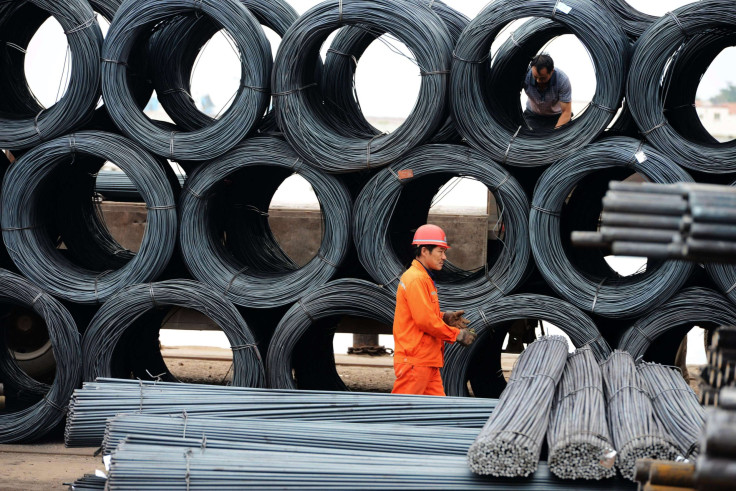US To Tax Chinese Steel Imports 266% Citing Unfair Government Subsidies

The U.S. government hiked tariffs on Chinese cold-rolled steel products by 266 percent Tuesday, along with lesser duties on six other countries for selling the metal in the U.S. at unfairly low prices, also known as dumping.
In a preliminary decision, the U.S. Department of Commerce recommended duties on imports from Brazil, India, South Korea, Russia, Japan and the U.K., citing unfair participation by the governments of these countries to lower the prices of steel products used in industries such as auto manufacturing and construction.
The hikes marked the second time since December that the U.S. has increased tariffs on foreign steel producers after six American steelmakers, including U.S. Steel and Nucor, filed three trade complaints against imports of hot-rolled, cold-rolled and corrosion-resistant steel earlier last year. The trade regulator had called for a 256 percent tariff on corrosion-resistant steel products from China in a preliminary finding in December.
In November last year, nine U.S., South American and European steel manufacturing industry bodies alleged that China — which produces 49 percent of the world’s crude steel — was the predominant cause for the current supply glut.
However, the new duties may not satisfy domestic producers, Caitlin Webber, a Washington-based analyst at Bloomberg Intelligence, said. “The dumping rates for South Korea, the second-largest source of these products, were far below what the U.S. industry alleged,” Webber said, Bloomberg reported.
Japanese steel producers were slapped with anti-dumping duties of 71.35 percent Tuesday — the highest after China — while Brazilian imports will face 39 percent penalties, U.S. authorities said.
In February, Lakshmi Mittal, the CEO of the world’s largest steel producer ArcelorMittal, told the Wall Street Journal that new import tariffs on steel expected to be imposed this year by the European Union and the U.S. “could help prices” in those key markets.
While Mittal pointed out that losses being racked up by the Chinese steel industry, as high as $10 billion a year, “means that they are dumping,” Chinese officials have argued that the problem is slow demand, and not oversupply, and brushed off allegations that they have been selling steel products at a loss to gain market share.
In 2015, China’s steel exports rose above 100 million tons, as the country increasingly relied on global sales to reduce its surplus production.
© Copyright IBTimes 2024. All rights reserved.











